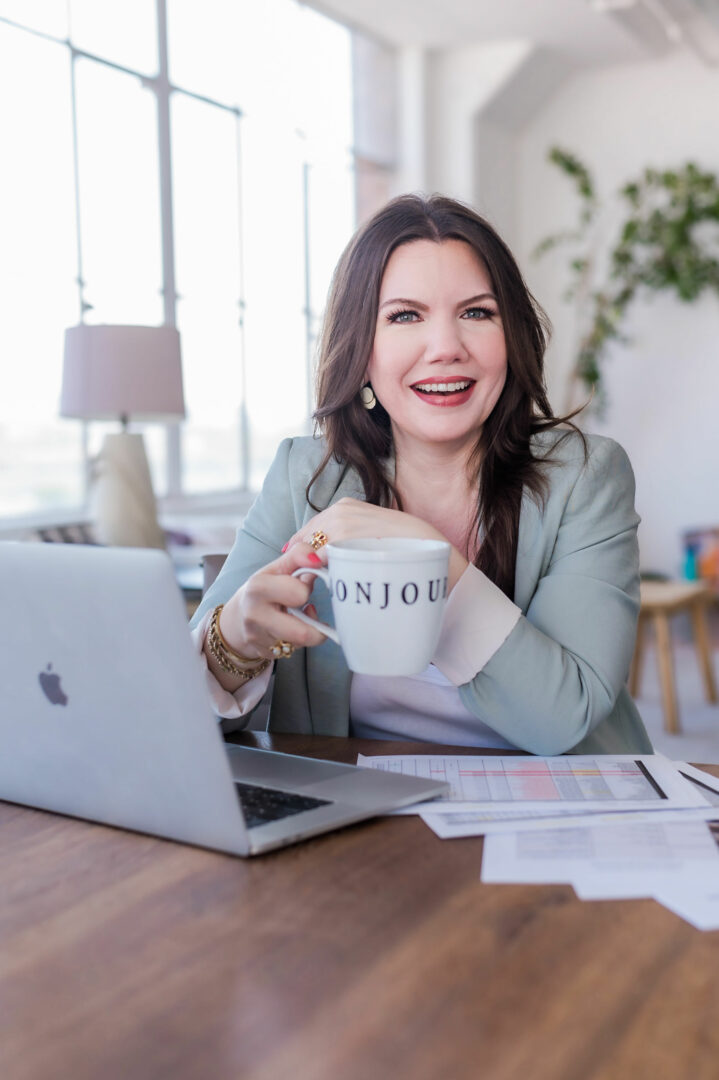We recently connected with Paisley Baker and have shared our conversation below.
Paisley, so great to have you with us and we want to jump right into a really important question. In recent years, it’s become so clear that we’re living through a time where so many folks are lacking self-confidence and self-esteem. So, we’d love to hear about your journey and how you developed your self-confidence and self-esteem.
It’s important to remember that we all come into this world with our own unique personalities and a given set of circumstances – we each have our own story. My story started in a small town in Texas where everyone knew my family and seemed to, by default, know me. That may sound overwhelming to someone who grew up in a larger population with a bit more anonymity, and I won’t pretend it didn’t feel overwhelming at times, but feeling seen and a part of a community was definitely the starter kit for my sense of self confidence. From there, I cultivated a healthy sense of confidence each time I said yes to doing something that seemed scary, daunting, or impossible. The quote “if it scares you, it’s a sign you need to do it” implies that fear can be a valuable indicator of potential for growth and positive change. That’s certainly been the case for me, and was personally proven each time I performed on stage in a live performance, spoke publicly while serving in a leadership role, or dared to “walk away” from a toxic work environment or relationship that didn’t align with my personal goals or values. Saying YES and choosing YOU are essential parts of cultivating self-reliance and exploring your own self confidence.
While confidence seems closely tied to the external environment, self-esteem, for me, has always been about looking within. It’s important to explore the stories we tell ourselves that may or may not be true, and also to source the origin of those stories. You may be able to walk away from a toxic work environment and create boundaries for toxic relationships, but the stories we tell ourselves are unavoidable. Negative self beliefs can be so much more impactful and harmful if those beliefs are left unchecked. Personally, I was exposed to narcissistic personality disorder from a very early age. I was also exposed to physical intimidation by an abusive personality (aka a bully) that lived in close proximity to me and ran in similar social circles. Those exposures, mixed with the trauma of multiple car accidents caused by other people and circumstances out of my control, triggered an unhealthy PTSD response or complex PTSD. A side effect of complex PTSD is a muted ability to accurately identify feelings, specifically during stress response to negative or dangerous stimuli. If you don’t accurately identify a threat or disassociate when stressed, you don’t take timely & important measures to self-protect. To put it plainly, my standard response to stress became internalization; wrongly believing that neglect, disrespect, trauma or aggression was somehow deserved. That story was wrong, that story held me back, and that story has, I’m thrilled to say, been addressed and updated!
Correcting the narrative is an essential part of cultivating a healthy sense of self-esteem and optimizing how well we function under pressure with greater confidence. If you’re someone like me who has struggled with your own self-esteem it is very important to learn strategies that help shorten response time when some form of adversity occurs that triggers a negative internal story or belief. Numbing or avoidance only works in the short term, and big life goals require a big commitment to radical self-love and self-compassion. I’m a huge advocate for cognitive behavioral therapy, meditation & breath work, and showing strength through vulnerability. If you’d like to dive deeper, check out the ABCDE model developed by Albert Ellis. It’s a framework for understanding how thoughts, beliefs, and consequences are interconnected in the human experience. When you challenge a negative belief or “D” dispute it you’ll shift your “E” energy to be in better alignment with like-minded people that share your same positive vibes.
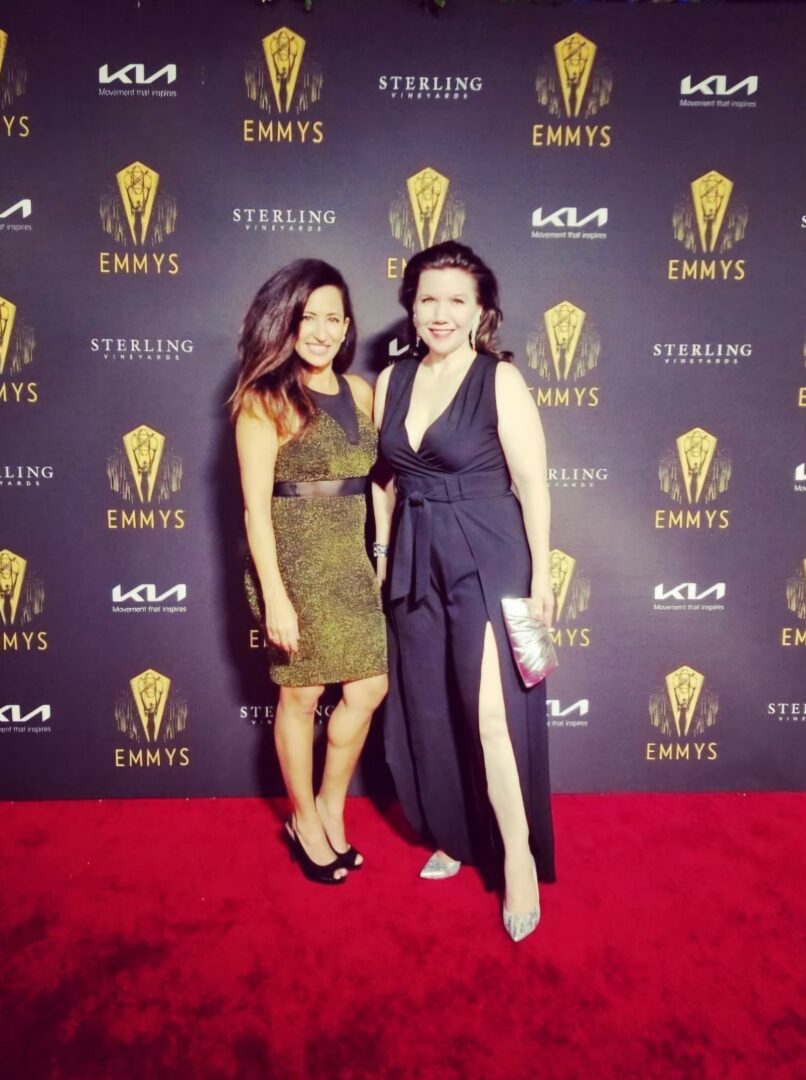
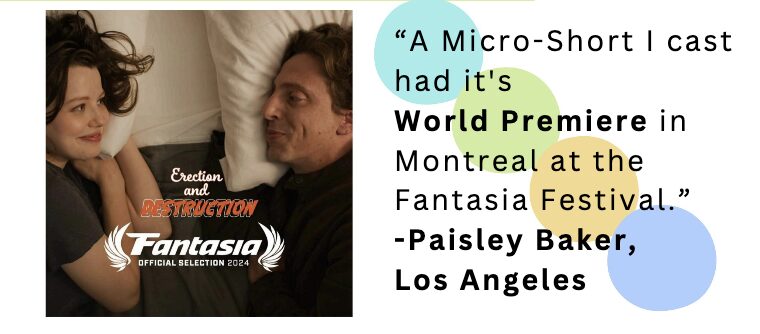
Let’s take a small detour – maybe you can share a bit about yourself before we dive back into some of the other questions we had for you?
As a Casting Director I am most excited about the direction I see the industry headed with its understanding of who we are and what we do in the casting community. I’m proud of the career I’ve built contributing inspired cast and development support to clients producing projects in all audio-visual formats in film, TV, and digital media. My company, Coat Check Creative, specializes in casting Reality non-fiction, commercial, and short form digital, but some of my proudest moments have actually been locking cast for film and scripted TV.
As a former theater major, I creatively diversified my resume because I always intended to work in all areas of the entertainment industry that I love. Emerging formats are so exciting to cast and definitely keep me on my toes, but I’ll always want to cast scripted TV, film and theater as well. I’m a member of the Casting Society of America and the Casting Director’s peer group in the Television Academy, and am very excited that the craft of casting will soon be recognized by the Academy of Motion Pictures Arts and Sciences with the new Oscar category starting in 2026.
It is particularly rewarding to be on the front lines as a Casting Director, advocating for both productions and the talent they cast. My personal brand is all about being a safe space for creative projects and people, as well as a positive guiding force in an industry with no road map. Casting is an above the line hire that is often the first to write language, whether a breakdown for casting platforms or casting flyer for release in social media, and it’s exciting to shape how people see a project in those early days of development & pre-production.
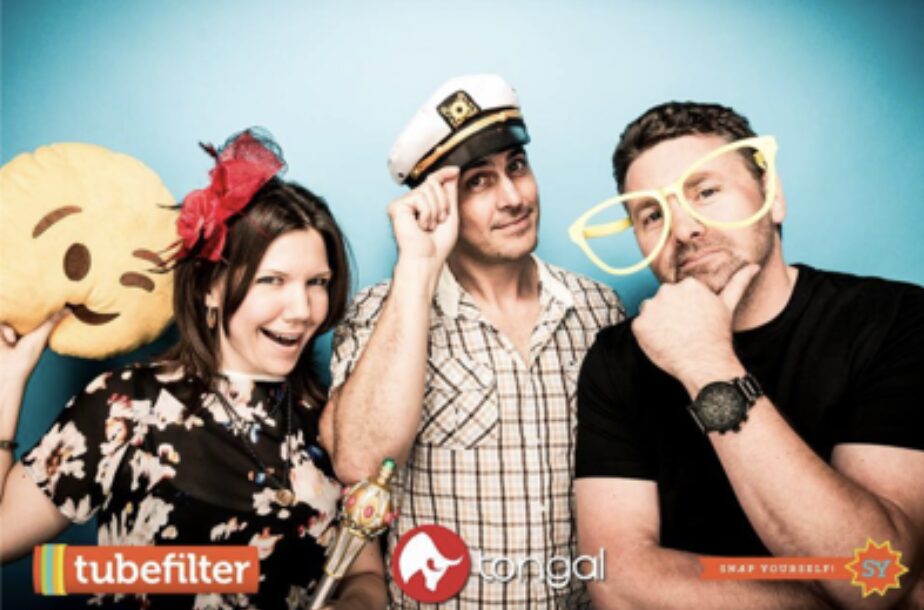
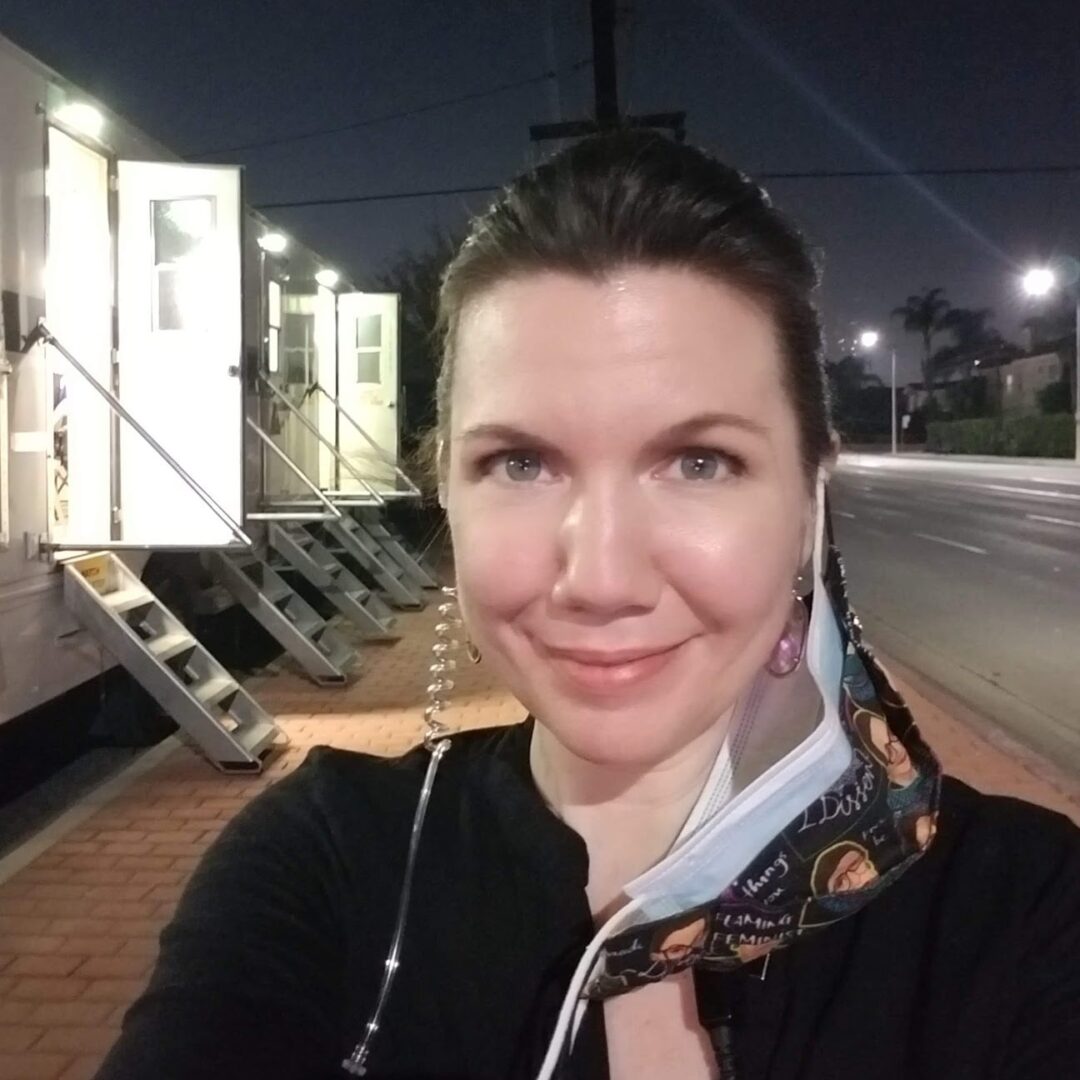
If you had to pick three qualities that are most important to develop, which three would you say matter most?
When I think about my career and consider what impacted my growth and progress the most, it would be saying yes to tackling challenges even when I felt ill prepared. It’s always important to say “yes, and…” and stay focused on action items that help shorten the learning curve for whatever new job or role you’re growing into; seeking expert advice and watching tutorials on best uses of emerging tech are both great examples. We don’t start where we end up or know how to do something until it’s been done, but being brave enough to try – that’s essential behavior if you have big goals and aspirations.
The second quality I’d encourage people to develop, especially perfectionists, is having an inquisitive, curious nature. When you take a scientific approach and look at life like it’s all trial and error, it helps develop an anti-fragile attitude so you begin to thrive in response to failure instead of quitting or giving up. If you struggle with the impulse to quit or give up, begin to develop this anti-fragile nature or skill by stepping outside your comfort zone. Try a new restaurant, change your daily routine for short periods, and notice how you feel in terms of “vibes” when you encounter something new that lights you up in a positive way. Alternatively, notice how you feel when something you’re trying to accomplish goes sideways or you suffer a rejection. When that happens, default to an action item list that gets you back on track and give yourself permission to take things one step at a time until you’re excited again. When you approach things this way you’ll start to realize that every setback is a setup for a comeback. Keep going!
And the third quality I’d encourage people to develop is the ability to share their love for the work and passion for their personal career goals while staying vulnerable enough to recognize they’re a part of a larger community. No one has to work with you, but being passionate, authentic, and a supportive member of the greater entertainment community builds inroads that can lead to amazing, long term working relationships. It’s important to remember that it’s not about any one person. Entertainment is a collaborative business, and people look to grow with people they know respect themselves, the work, and the people they’re lucky enough to work with.
Beyond that, it’s important to highlight that every technological advance or change we see in the world also changes the entertainment industry. Tech advances will likely impact the job you have in both big and small ways, but you won’t know how until your job is already changing. If you’re eyeing a career in entertainment, be prepared to adapt to advances in tech and communicate how you’re evolving so prospective clients know you’re keeping current with the times.
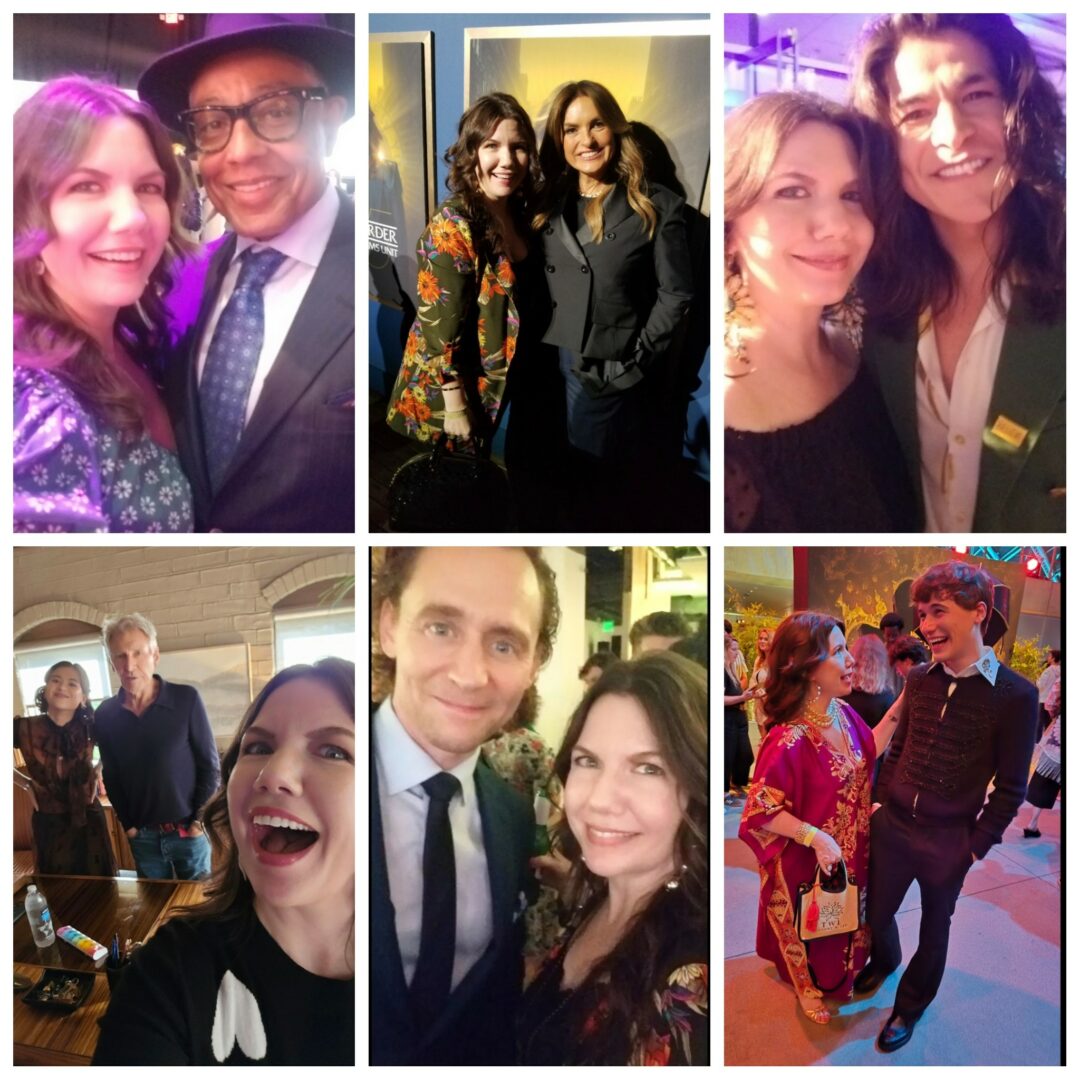
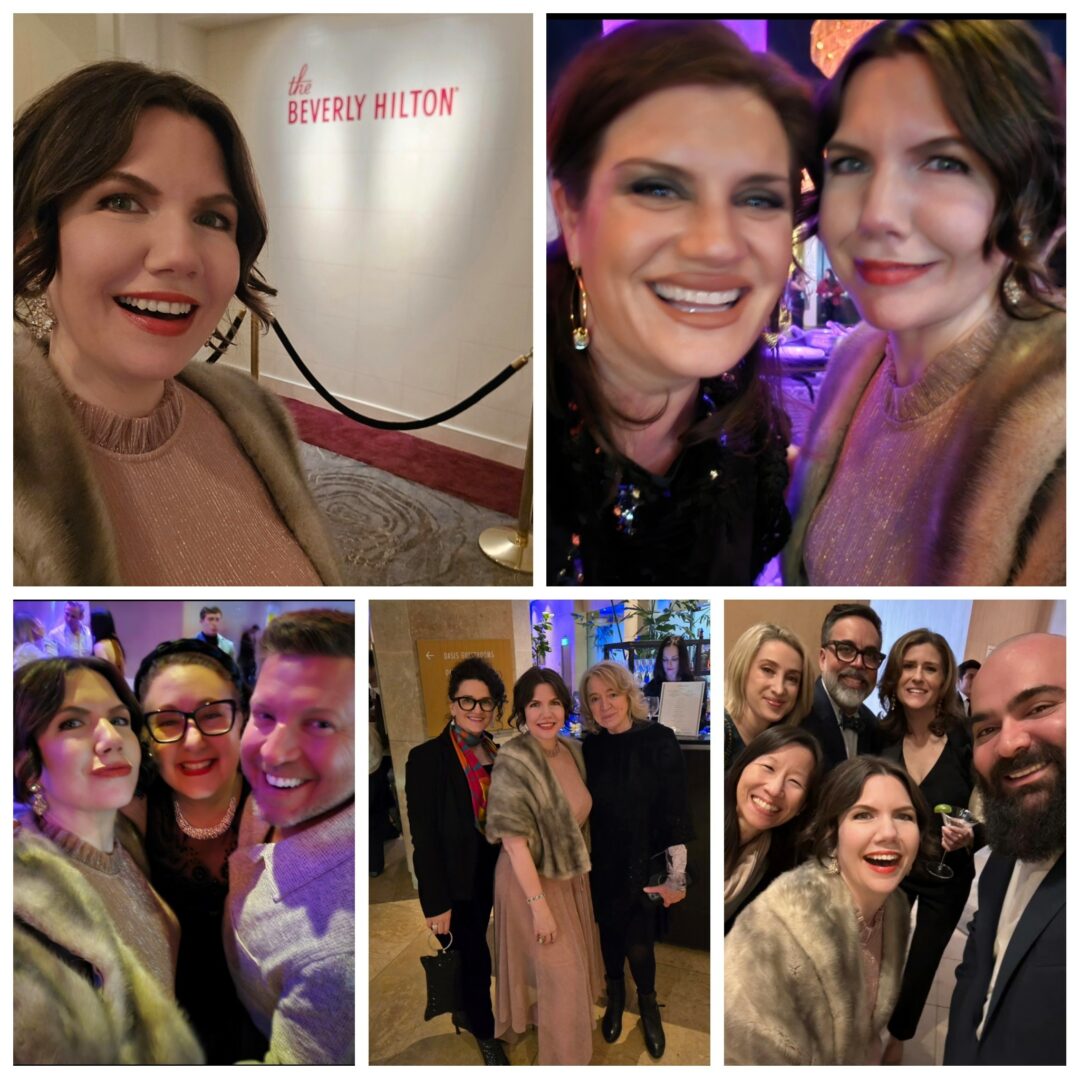
One of our goals is to help like-minded folks with similar goals connect and so before we go we want to ask if you are looking to partner or collab with others – and if so, what would make the ideal collaborator or partner?
This year my intention was to seek out like minded professionals who weave purpose and positive impact into both their personal and their creative pursuits. While it’s important to remove oneself from toxic work and personal relationships, declaring what it is you don’t want or deserve, it’s also important to evaluate and articulate clearly all the things you do want. I work hard to deliver for clients and value organized, communicative people who “get it.” It’s a great feeling to work with people who share a common goal of doing great work while building a better community – those are the kinds of creatives or companies I want to partner or collaborate with.
If any talent who are reading this are in the creator space on social media, I offer options for support and you can contact me through my Coat Check Creative website. This support or consultation is ideal for creators who are starting to explore brand deals. Consultations function like a stop gap between securing deals with brands and securing representation who will field those inquiries for you in the future. Monetizing social media is that much sweeter when you develop healthy relationships with brands. If you’re seeking to add lucrative brand deals to your overall income, I can help get that started for you.
I’m also seeking to collaborate with directors and producers working in traditional formats, vertical formats and brand partnerships who see value in long term relationships and project specific casting support. “How can we cast this” and “how much time would we need” are great ways to start a conversation about possible collaboration. Podcast projects are an exciting area to be in as well and I’m looking to connect with producers with a development slate, even if they’ve never worked with casting before.
And I’m always excited to work with other Casting Directors when projects staff up, and would love to connect and discuss how people are staying focused and positive despite the unprecedented slowdown we’re experiencing in development & production. “Are you available” does top my list of favorite texts to receive from fellow CD’s, but working together isn’t necessary for relationship building. A strong community is built on inclusion, connection, and support, and that doesn’t have to be transactional. Earlier this year I put out a few feelers to CD’s that I absolutely “fan girl” over in the TV and big budget feature film space too, and if any of those Casting Directors are reading this consider this your sign that we should have a chocolate croissant and chat over coffee – either in person or over Zoom.
Contact Info:
- Website: https://coatcheckcreative.com/
- Instagram: https://www.instagram.com/coatcheck3/
- Facebook: https://www.facebook.com/CoatCheckCreative/
- Linkedin: https://www.linkedin.com/in/paisleybaker3/
- Twitter: https://x.com/coatcheck3?lang=en
- Youtube: https://www.youtube.com/@paisleybaker4551/featured
- Other: https://www.imdb.com/name/nm0048810/
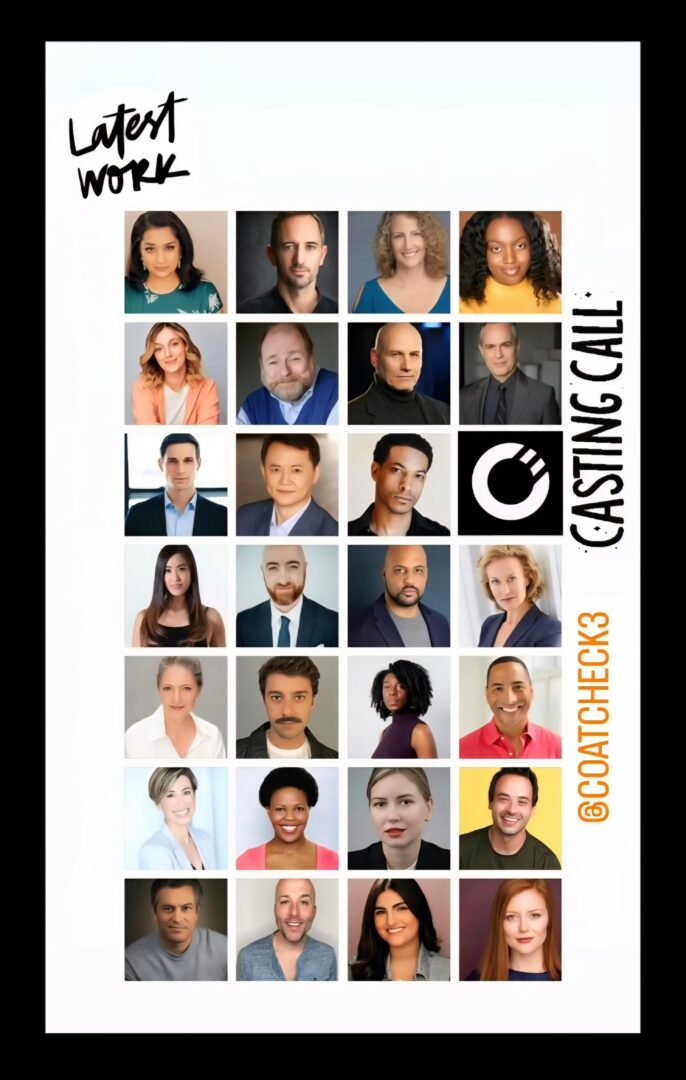
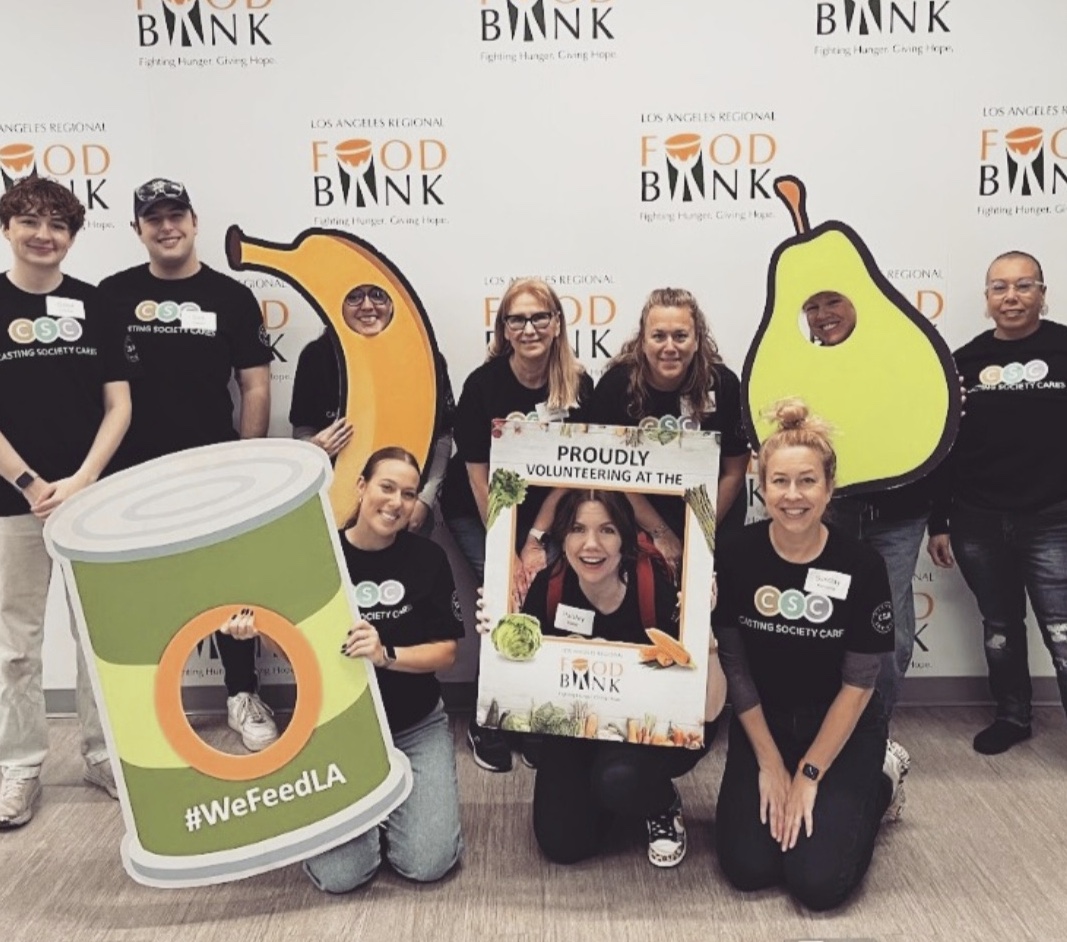
Image Credits
Monica Linda, Girl Squad Media (computer & coffee pic)
so if you or someone you know deserves recognition please let us know here.

